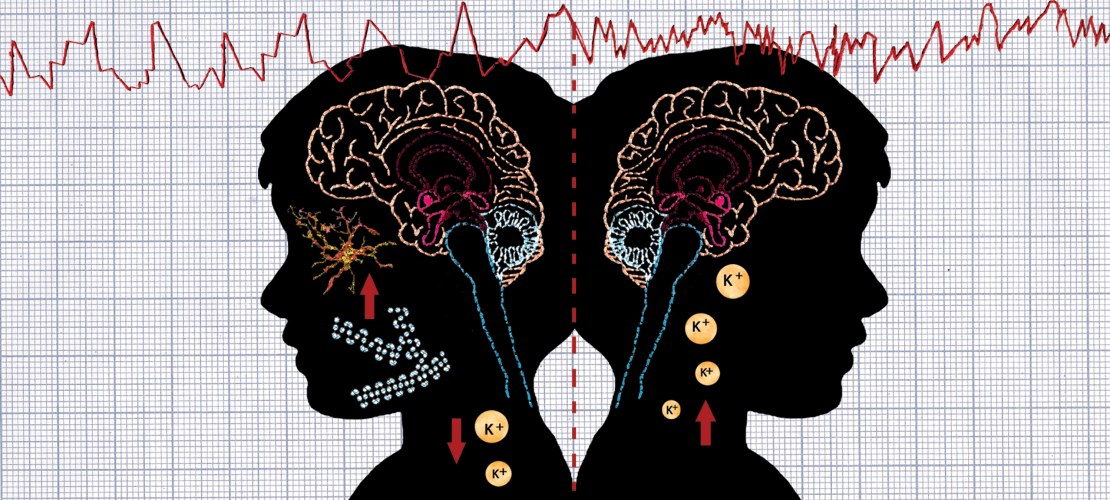Understanding what happens when we rest involves exploring the various sleep stages,
including
REM and non-REM sleep, each characterized by distinct brain activities and physiological
responses. These stages contribute to the restorative functions of sleep, such as repairing
body
tissues, consolidating memories and regulating emotions. Furthermore, the latest findings reveal
the intricate relationship between sleep and the immune system, suggesting that adequate
sleep
can bolster our defenses against illnesses.
However, in today's fast-paced world, sleep deprivation and disorders are increasingly
common,
with significant implications for public health. Exploring the science of sleep not only
helps us
appreciate the importance of getting enough rest but also guides us towards better sleep
hygiene
practices. By understanding the underlying mechanisms of sleep and its impact on our health,
we
can adopt strategies to improve sleep quality, thereby enhancing our overall well-being and
quality of life.
Understanding Sleep
Sleep is a vital process that alternates between two main stages: Rapid Eye Movement (REM)
and Non-Rapid Eye Movement (NREM) sleep. Each of these stages plays a crucial role in the
restorative functions of sleep, impacting everything from mental health to physical well-being.
NREM Sleep encompasses the initial 75-80% of the sleep
cycle and is divided into three stages.
The first stage (N1) is a light sleep from which it's easy to be awakened. The second stage (N2)
sees further slowing of the brain waves, with brief bursts of electrical activity known as sleep
spindles. The third stage (N3), often referred to as deep or slow-wave sleep, is the most
restorative phase. During N3, heart rate, breathing and brain activity drop to their lowest
levels
and it's much harder to wake someone up. This stage is critical for physical repair and growth,
immune function and energy restoration.
REM Sleep follows NREM sleep and accounts for about 20-25% of total sleep in adults. This stage is characterized by rapid eye movements, increased brain activity and muscle atonia, preventing you from acting out dreams. REM sleep is associated with dreaming, memory consolidation and learning. The first REM cycle of the night is typically the shortest, with each subsequent cycle lengthening, potentially up to an hour as the night progresses. Good sleep hygiene practices can significantly impact the quality of both REM and NREM sleep. Consistency in sleep schedules, optimizing the sleep environment for comfort and minimal disruption and engaging in relaxing pre-bedtime routines can all contribute to a more restful night's sleep. Limiting exposure to screens before bedtime, managing stress and avoiding caffeine and heavy meals in the evening are also beneficial for enhancing sleep quality.
Health Impact of Sleep
The exploration of sleep's vast landscape through the lens of recent scientific research
uncovers
its profound implications for health, highlighting the intricate interplay between rest and
our
bodily functions. Studies have shown that microglia, the immune cells of the brain, play a
pivotal
role in promoting sleep by modulating norepinephrine transmission, a neurotransmitter
involved
in wakefulness and arousal. This discovery underscores the
complex relationship between the
immune system and sleep mechanisms, offering new insights into how our bodies regulate
sleep.
Further research
in the field of neuroscience reveals that sleep serves as a restorative process for
cortical networks, ensuring the maintenance of an optimal computational regime critical for
cognitive functions. The disruption of neural dynamics due to sleep deprivation can have
far-reaching effects on our ability to process information, underscoring the necessity of
sleep for
cognitive health and stability.
The impact of sleep extends beyond the brain to encompass overall physical health. Recent
findings suggest a strong
association between sleep characteristics, as measured by
electroencephalogram (EEG), and various health outcomes in the general adult population.
This
highlights the potential of sleep as a modifiable risk factor for a wide range of diseases,
emphasizing the need for greater attention to sleep quality in public health discussions.
Advancements in sleep science are also paving the way for more personalized and efficient
approaches to sleep health.
The advent of data-driven sleep applications, such as federated
learning and adversarial training processes, aims to enhance the performance of AI-based
systems in sleep classification and diagnosis. These innovations promise to
revolutionize patient
monitoring, clinical care and our understanding of sleep disorders, making





